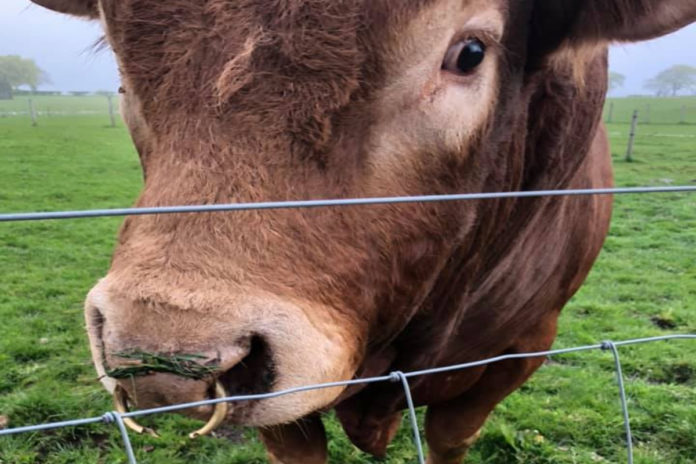Bull Fertility Testing Services
The District Court has determined that “bull fertility testing is an act of veterinary medicine”, as it involves diagnosing the health status of an animal, according to a statement exclusively provided to That’s Farming by the VCI (Veterinary Council of Ireland).
If an unauthorised or unqualified person carries out the practice of veterinary medicine, he or she has committed an offence, contrary to the public interest and will be liable to prosecution by the Veterinary Council.
Section 54 of the Act sets out offences in relation to the practice of veterinary medicine or use of the title, which states that “a person, other than a veterinary practitioner, shall not, do or perform any act, matter or thing, the doing or performance of which forms part of the practice of veterinary medicine”.
Prosecutions relating to bull fertility
Recent court decisions have clarified that fertility testing falls within the definition of veterinary practice, the statement added.
“The Veterinary Council has recently engaged in successful prosecutions of individuals providing fertility testing services without being registered veterinary practitioners.”
“Fertility assessments require a number of elements requiring a diagnosis on fertility, which relates to the health status of an animal.”
This may include a clinical examination of the reproductive organs, physical assessment, and analysis of a semen sample.
Registered vets
Whilst a layperson can take a semen sample, this alone is not sufficient for a fertility assessment, according to the body.
“The layperson cannot diagnose fertility having analysed a semen sample or provide a certificate on the diagnosis of fertility of a bull.”
“This, being an act of veterinary medicine, can only be done by a person qualified and eligible to do so, being registered veterinary practitioners.”
The Veterinary Council considers investigations and prosecutions in this area “necessary and important” to protect animal health and welfare, and the public, in particular the farming community.
An act of veterinary medicine
The statement added: “The diagnosis and certification of bull fertility are of significant importance and value to any farm in ensuring that the herd will be adequately covered and cows in calf to ensure the herd viability and reproduction rates are as planned.”
“Accordingly, the skill, competence and expertise required to offer such assurance through fertility diagnosis have been confined in law to veterinary practitioners.”
“In summary, fertility testing is an act of veterinary medicine, relating to the health status of an animal, as referenced in the Veterinary Practice Act 2005.”
“Persons other than veterinary practitioners are not qualified, permitted or insured to offer this service.”
“Accordingly, we trust that there are no persons other than those qualified and eligible to do so, carrying out acts of veterinary medicine, such as bull fertility testing,” the statement concluded.
VCI
The Veterinary Council of Ireland is a statutory body set up under the Veterinary Practice Act 2005, as amended (“the Act”), and is under the aegis of the Minister of Agriculture, Food, and the Marine.
The principal function of the Veterinary Council is to regulate the practice of veterinary medicine and veterinary nursing in the Republic of Ireland, in the interest of animal health and welfare and in the interest of veterinary public health.
The functions of the Veterinary Council include:
- Protection of the public through the supervision of veterinary education;
- Maintenance of the Register of veterinary practitioners and veterinary nurses;
- Registration of veterinary premises;
- Through disciplinary action in cases of professional misconduct and investigations into breaches of the act.
Practice of Veterinary Medicine
The Veterinary Practice Act 2005 defines the practice of veterinary medicine and provides, subject to some limited exceptions, that only veterinary practitioners registered with the Veterinary Council of Ireland can practise veterinary medicine.
These restrictions are in the interests of ensuring that animals are treated only by persons qualified and eligible to do so.
This is similar to the legislation safeguarding other health professions such as doctors, dentists and pharmacists, to ensure only those qualified and eligible to practise may do so, in the public interest, the statement added.
Under the Act, section 53 sets out that the practise of veterinary medicine includes diagnosing disease, injury, pain, deformity, defect or state of health of an animal, identifying and carrying out treatment, whether surgical or medical in nature, or any such matters, and performing a surgical procedure on an animal.
Read more on this news article, which looks at the cause of sub-fertility in bulls and its resulting implications.





